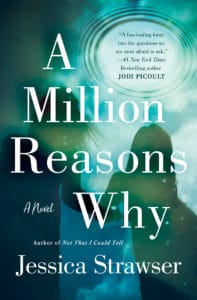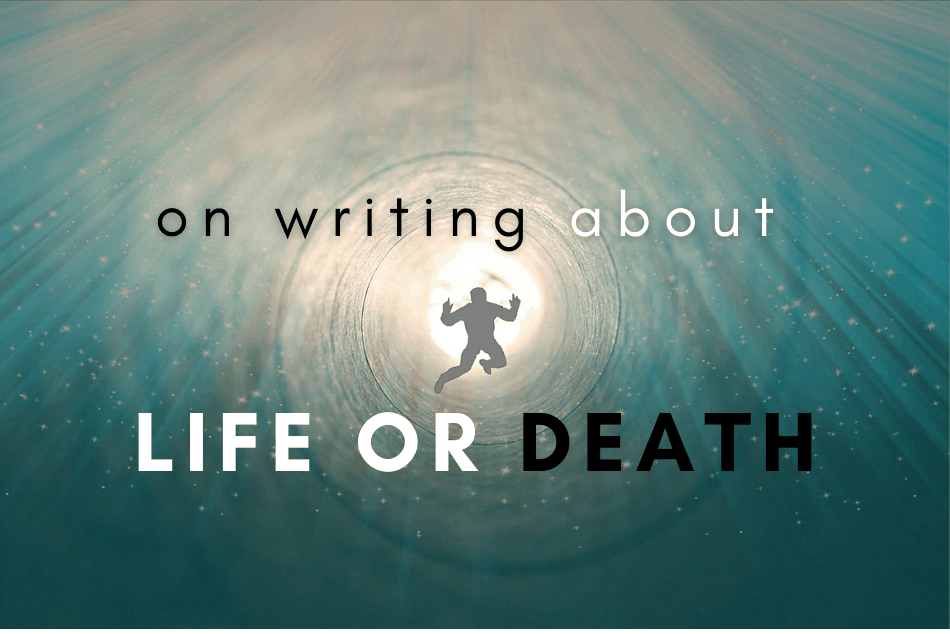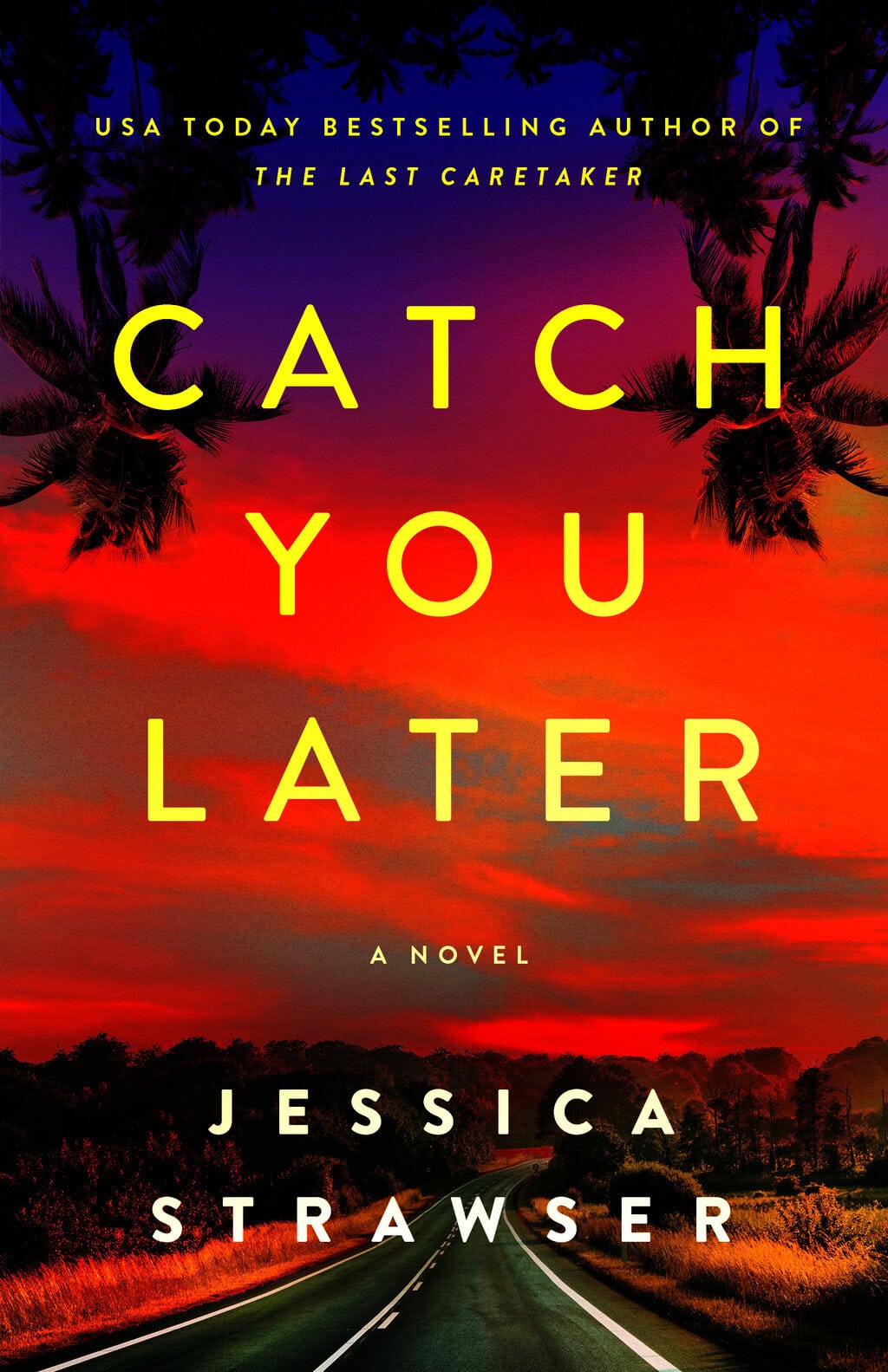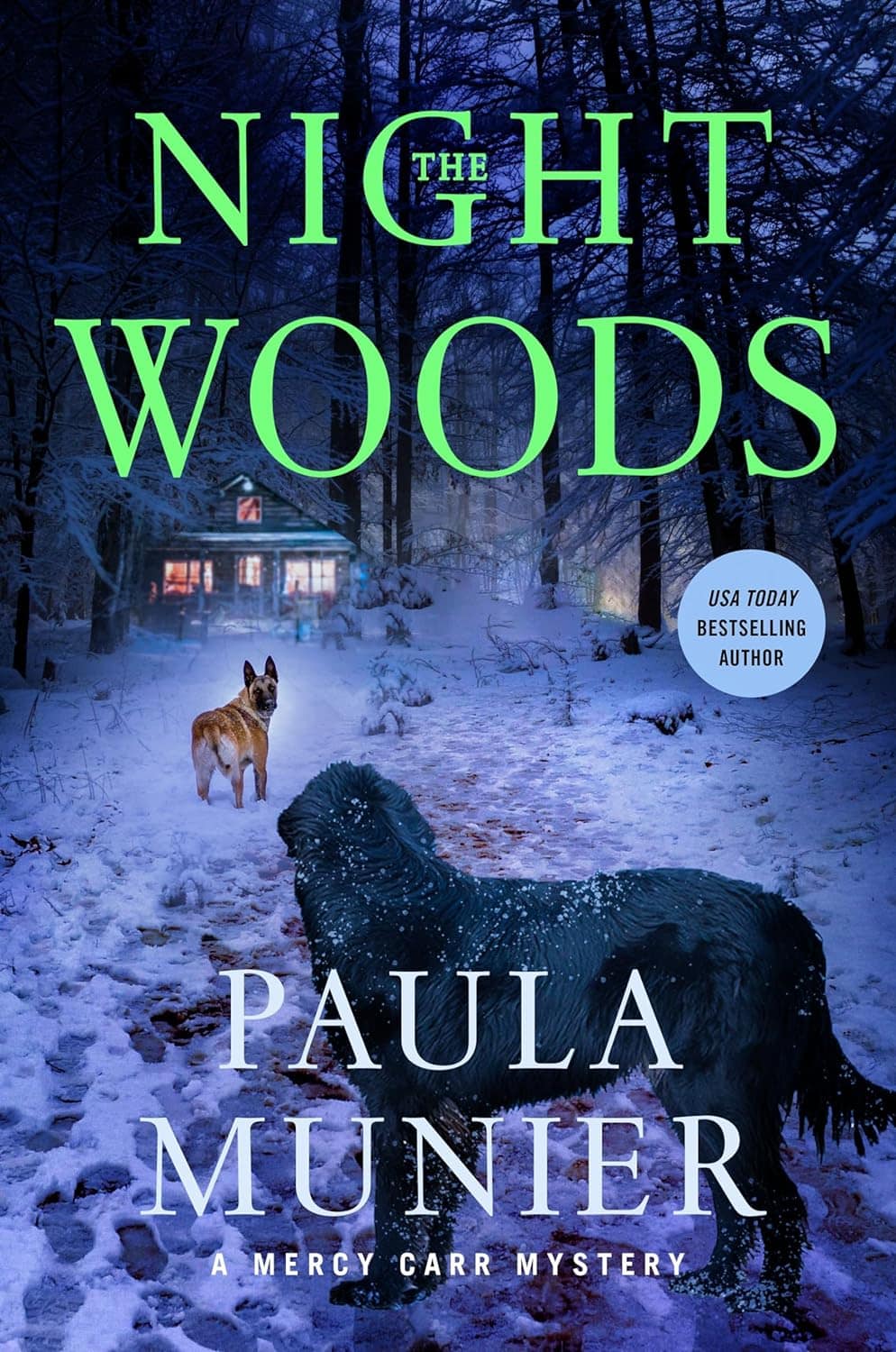In the writing of every good work of fiction, there comes a moment when everything gets real.
I mean, really real.
I’m not talking about your protagonist reaching her point-of-no-return, or your conflict raising the stakes sky high, or even that phone call from an agent who loves the manuscript and wants to represent you.
I’m talking about the moment you realize why your story matters—not just to your characters, not just to you, but to your one-day readers. The moment chills shoot down your spine and you’re overcome with renewed determination and purpose and intimidation and maybe even a humbling, soul-shaking fear:
Can you pull it off? Are you worthy of writing this story? Just who do you think you are, anyway?
In the writing of my new novel, A Million Reasons Why, that moment came at what might seem like the worst possible time: Very early in the writing, but too late to back down.
My publisher had bought enthusiastically into my detailed synopsis: Two strangers are linked by a mail-in DNA test. For the half-sister who initiates contact, this could be an answered prayer: She’s a young, single mother facing kidney failure and unable to find a donor match among known relatives. But for the blindsided sister, it’s about to upend her life, exposing family secrets and igniting a chain reaction she is powerless to break.
I knew, of course, that the story would pose at least one life-or-death moral dilemma—one that could really happen to you, or me, or anyone you know. I’d fallen down a rabbit hole of true stories of surprise-DNA-test fallout, and studied the heartbreaking severity of chronic kidney disease. I’d dug just deep enough to plausibility-check my premise and write the opening chapters.
Clearly this would prove to be my most research-intensive novel, but I felt confident in my fact-finding skills: I have a journalism background, after all.
So, freshly inked book contract in hand, I arranged to attend a seminar on live organ donation, and to have lunch afterward with one of the day’s panelists: a woman who’d donated a kidney to the child of a friend.
In a hospital auditorium, I spent a somber morning listening to doctors, nurses, organ donors and recipients discuss the process in frank detail, doing their best to answer audience questions that had no easy answers. Every person in attendance represented a life that had been saved, a life that was still on the line, or in some cases, both.
By the time I got to lunch with the donor who’d agreed to speak with me, I was in complete, life-changing awe of her strong, generous spirit.
I was also terrified.
How could I write any kind of story that would dare touch the intensity of what she’d lived through?
Leaning In
Maybe you’ve had such a moment, when what you already knew more fully sinks in: What your story is really about, or what it might mean to someone, or what it might mean to you.
Maybe you’ve gotten goosebumps at the realization that your character can’t get through this alone—that no one could get through this alone. Or that she really might not make it; that the happy ending you intended has gone the reluctant way of other best-laid plans. Or that love is within his grasp, if only he’ll get out of his own way.
Not all stories pose life-or-death questions. But many are centered around decisions that can make or break a life. And on the page, as in life, we don’t always know their full implications in the moment such decisions are made.
My lunch partner and I ordered salads and drinks, and I set up to record our interview. She asked my impressions of the seminar, and I told her:
How I thought I’d known what to expect, but being in a room with so many people who were living the questions I’d be writing about was something else entirely. Moving. Powerful. But also… How my characters would be meeting this challenge without her quiet grace—how they were messy and conflicted and uncomfortable.
I may be writing fiction, but I still feel a huge responsibility to this subject matter, I told her, suddenly nervous that maybe I was being too honest.
But to my relief, she wasn’t worried. Instead, she nodded, satisfied.
The very fact that you’re asking these questions tells me you’ll do a good job, she assured me.
Hers were the words I kept returning to in the long hours at the keyboard, whenever self-doubt started creeping in.
Letting the Moment Lead
If you’re lucky enough to stumble on just such a moment—when the heart of your story comes into view with such startling clarity—don’t back away from the doubt that inevitably comes with it.
Instead, go ahead: Confess. Say it out loud. Then, write toward it. Write through it. Write until the doubt takes a seat way in the back, where it belongs, and what you have left is a story with its real, beating heart firmly at the center.
Exactly where it belongs.
—
 Jessica Strawser’s A Million Reasons Why goes on sale tomorrow—order your copy today, and consider attending one of her virtual book tour events to show your support! And we want to know: What make-or-break moments have you encountered writing your own stories? Join our discussion on Facebook.
Jessica Strawser’s A Million Reasons Why goes on sale tomorrow—order your copy today, and consider attending one of her virtual book tour events to show your support! And we want to know: What make-or-break moments have you encountered writing your own stories? Join our discussion on Facebook.





